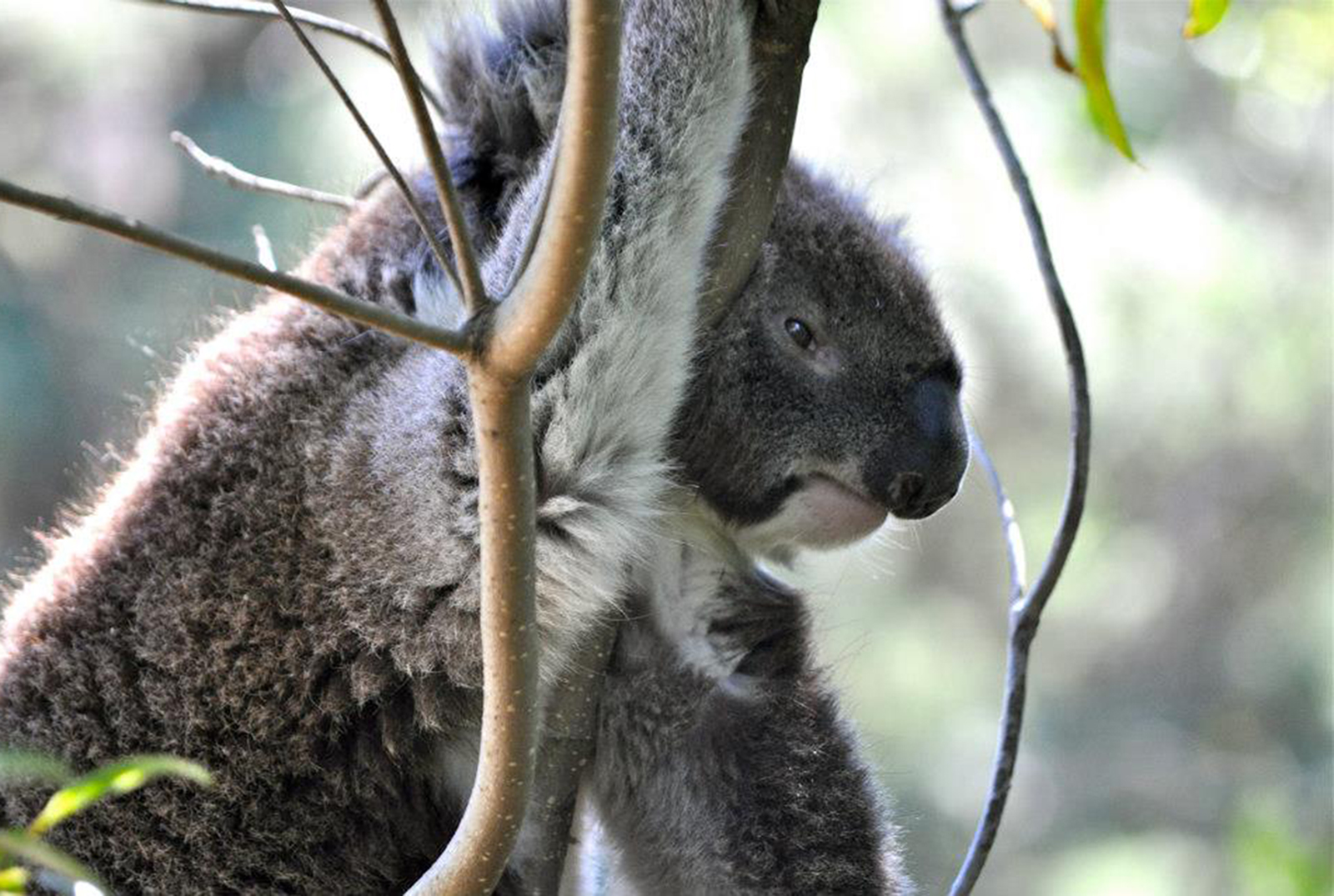Unlocking the genetic code of the eucalypt

Scientists have sequenced the genetic code of the eucalypt for the first time, revealing how the Australian icon became the world’s favourite hardwood.
The work also gives insights into the formation of the complex essential oils produced by eucalypts, which can help koala preservation efforts, minimise pest damage to plantations and could one day lead to eucalypt oils being a base for jet fuel.
“The genetic code will help us understand a foundation species for the Australian eco-system and how it affects other species, from fungi through to the koala,” said Dr Carsten Kulheim from the ANU Research School of Biology.
“It will give scientists the tools to know what plants a koala will feed on and not feed on, which helps with measures to preserve koala habitat,” said Dr Kulheim, who is one of the Australian researchers on the international project.
Native to Australia, eucalyptus trees have become the world’s most widely planted hardwood due to its fast growth, adaptability and complex oils.
Australian researchers collaborated with 30 institutions in 18 countries to sequence and analyse the genome of the Flooded Gum (Eucalyptus grandis). The work has been published in the latest edition of Nature.
The wide genetic variability within each of the 700 eucalypt species had left scientists unable to explain differences between individual trees, such as why one tree produces leaves koalas find irresistible while another from the same species is unpalatable to koalas, yet repels pests much better.
The sequence consists of 640 million base pairs of DNA, containing over 36,000 genes – almost double the number of genes in the human genome.
The researchers identified 113 genes responsible for synthesising terpenes, the familiar aromatic essential oils of eucalypts.
 Follow
Follow